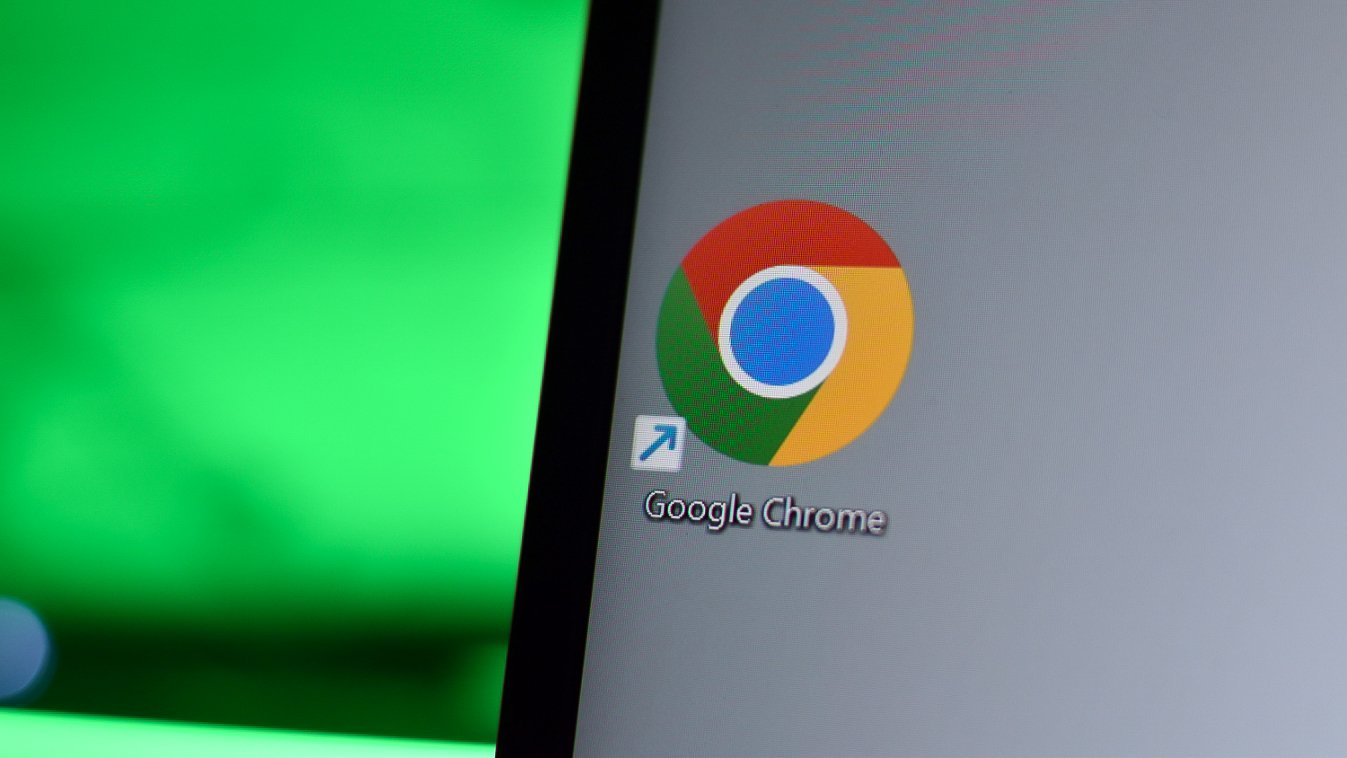What you need from a smartphone, what you want, and how to get it - Talk Mobile
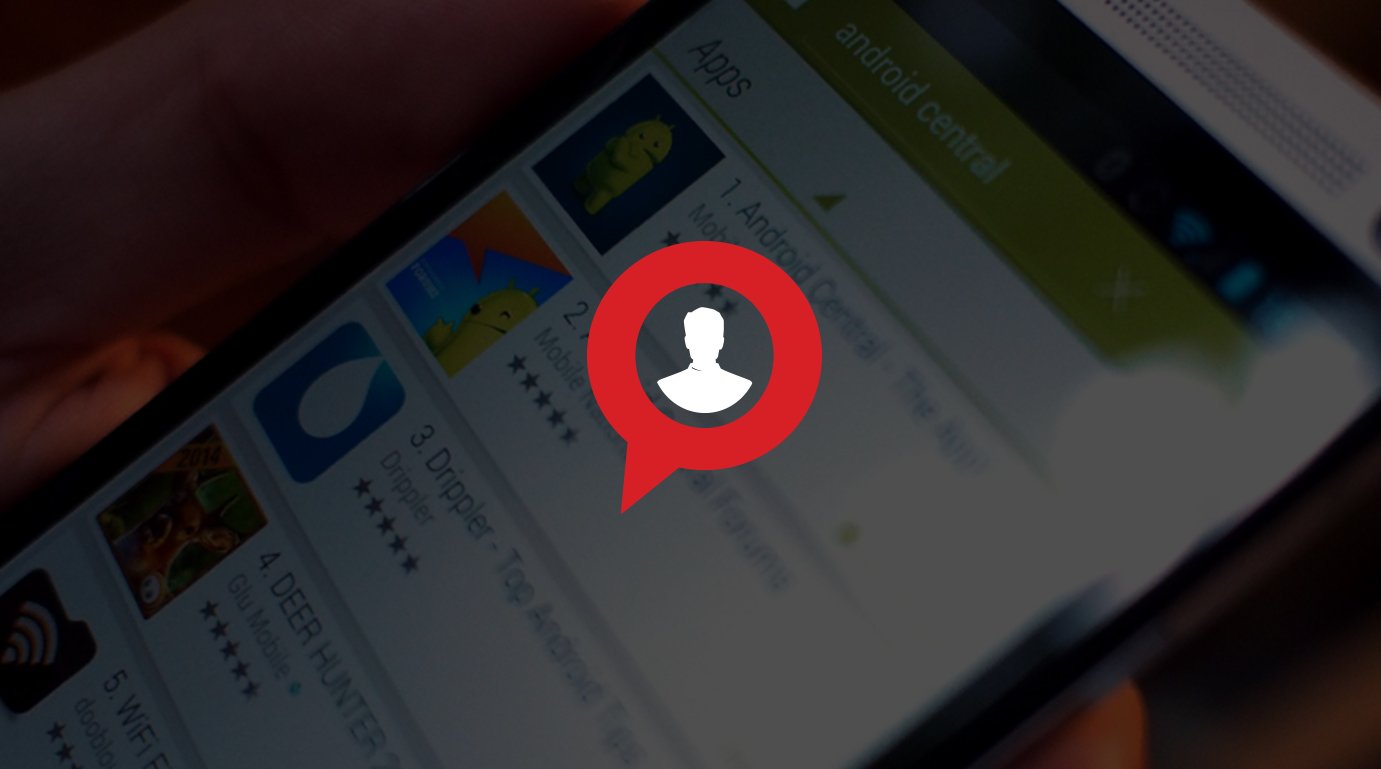
Presented by Blackberry
Talk Mobile You
What you need from a smartphone, what you want, and how to get it
by Rene Ritchie, Daniel Rubino, Kevin Michaluk, Phil Nickinson
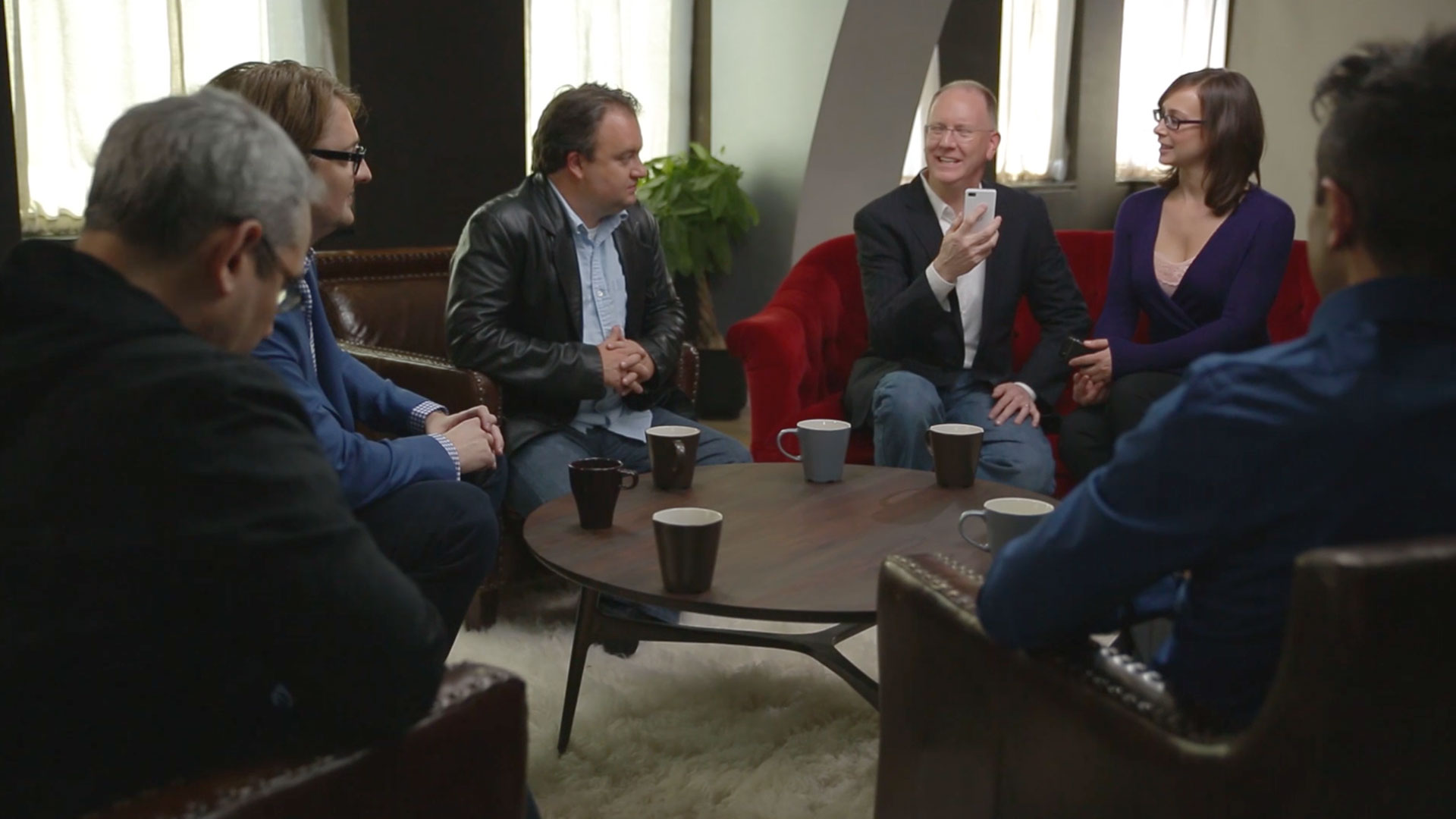
Back in late 2009, CrackBerry's Kevin Michaluk composed what he termed "the smartphone hierarchy of needs". Based on Maslow's Hierarchy of Needs, which stretched from the physiological (food, water, shelter, air, etc) to self-actualization (creativity, morality, purpose, meaning, etc), Kevin's hierarchy sought to classify what he looked for in a smartphone, and in what order.
The pyramid put connectivity, compatibility, and security as the base and apps selection at the tip. Coming from a long-time BlackBerry user, placing communications as the foundational, most-important aspect of a smartphone was no surprise, nor was it surprising to find battery life and reliability at the next step up. But since 2009, the world of mobile technology has radically changed. Smartphones are both more specialized and more broad.
So what best fits the mobile communicator, the app addict, the media consumer, or the mobile artist and writer? Are there one-size-fits-all platforms or smartphones, and do different user types have their own needs from their devices and services? Does the smartphone hierarchy of needs still have a place today - does it need a slight update, or to be scrapped wholesale in place of something different.
Let's get the conversation started!
Get the latest news from Android Central, your trusted companion in the world of Android




Mobile Hierarchy
Articles navigation

01
Voice, text, and face-to-face: picking the right platform for communication
Okay, there's no best phone. There are phones that are better for specific use cases, tastes, and budgets. That's why we have different phones to choose from. Even Apple, with their notoriously narrow iPhone product line, has offered older iPhones at a lower price point, and top-of-line iPhones with storage capacities bumping up to 64GB. There are options from BlackBerry for those who want a big screen, those who want a keyboard, and those who just don't want to pay as much.
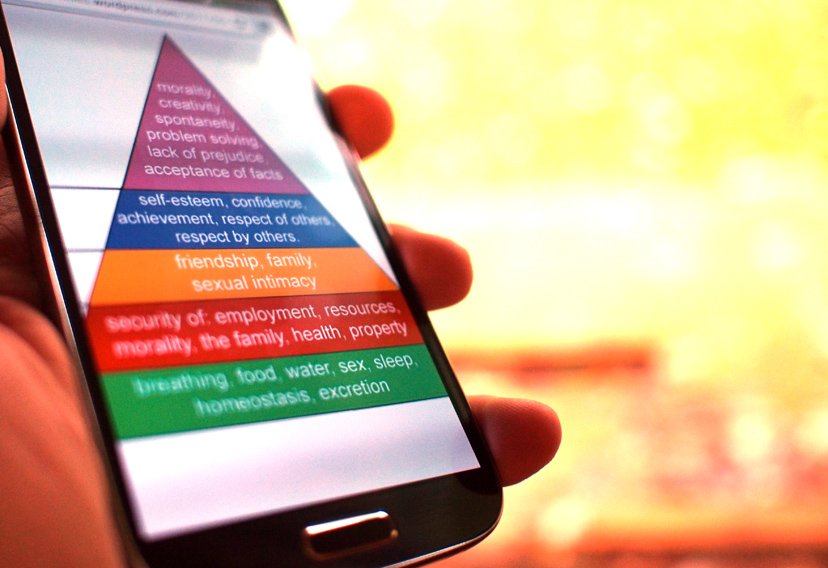
A Theory of Human Motivation
In 1943, after studying top 1% college students along with "exemplary" individuals like Albert Einstein, Eleanor Roosevelt, and Frederick Douglass, psychologist Abraham Maslow published the paper "A Theory of Human Motivation". In it he articulated the needs of the human psyche.
Maslow's Hierarchy, as it came to be known, starts with our basic physiological needs such as sustenance and air. Once those needs have been met we can move on to increasingly complex needs, stepping through safety, belonging, esteem, and finally self-actualization. The hierarchy is usually illustrated as a pyramid - with physiological needs forming the foundation of the triangle.
We're all mobile communicators. If you're using your smartphone, you're almost assured to be using it for communication of some sort. There are three things that make a smartphone a great mobile communicator: great text input, great notifications, and compatibility with whatever communications services your friends, family, and colleagues use.
Truth be told, services compatibility is the most important aspect of what makes a smartphone a great communication tool. If you can't talk to your friends, it doesn't matter how good the text entry and notifications are. If all of your friends talk via iMessage, you should be considering an iPhone; if they're all on BBM, a BlackBerry will be your best bet (even with BBM going cross-platform). Google Hangouts users in your circles? Grab an Android smartphone. And if your contacts are all on Skype, take a look at going Windows Phone.
If you can't talk to your friends, it doesn't matter how good the text entry and notifications are.
Once you've got that sorted out, your options narrow a bit. Every platform but Windows Phone has gotten to a point where notifications are good (BlackBerry 10.2 has actionable toast notifications and will be rolling out to the full line-up). Android and iOS obviously have the greatest array of messaging choices if you're planning on going with a third-party messaging platform. And if you're going to be sending messages via something like Facebook or just plain text messages, any phone will do - just pick the one with the notifications and keyboard that you like.
The best phone for messaging is the phone that works.
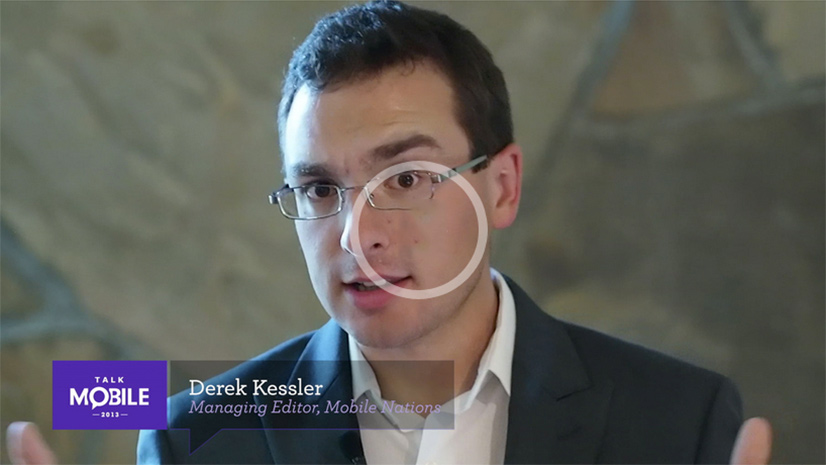
When you get down to it, smartphones are still all about communication. It's in the name. Smart. Phone.
Derek Kessler / Managing Editor, Mobile Nations
How do you use your smartphone to communicate?
876 comments
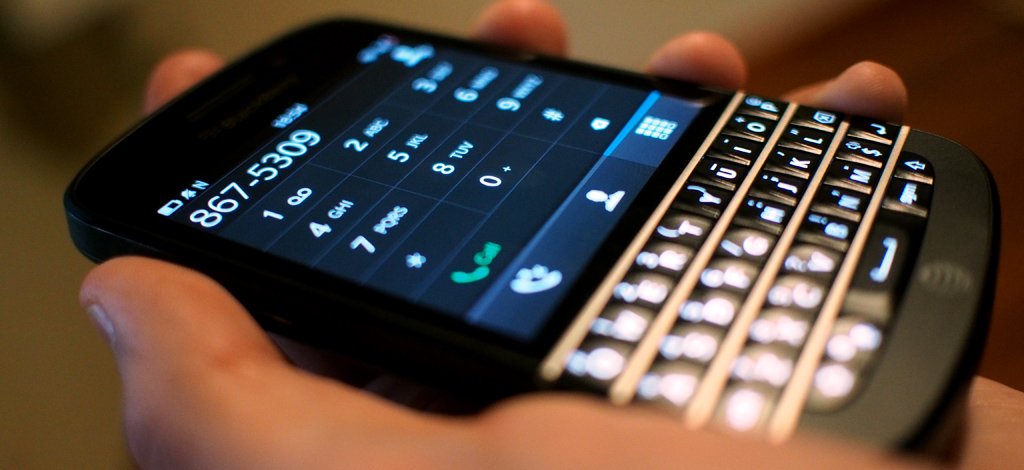

02
With millions of apps to pick from, how do you pick the right platform?
It's all about apps. Never mind that the iPhone — which, by the way, didn't even launch with the ability to run third-party apps, let alone the App Store that's now inextricably associated with the platform — woke up the industry to the idea of a proper app store (which, again, existed previously, but we digress). Before the iPhone came along the stuff that came on a smartphone was important, yes, but so too were the apps you could install on it.
That's even more the case today. The ability to easily find and install applications on our smartphones is truly what makes them as powerful as they are today. Fancy screens, high-power processors, and a plethora of sensors are great, but it's the apps that make it all come to life.
Installing applications on our smartphones is truly what makes them powerful.
The good news is that it really doesn't matter which platform you're on — you'll be able to find apps for all of them. How many useful apps (and how good they are) is another question, though.
It's pretty safe to say that iOS still leads the pack here. That's not to say it's necessarily better for everyone, or that Apple's heavy-handed method of approving apps is the best way to go. But, rather, it's the developer ecosystem that allowed native iOS apps to flourish so.
Android's in a close second. Sometimes developers take shortcuts in porting apps over from other platforms, and that's a shame — but Android also has more than its share of beautiful and interesting apps — and Google Play is generally a breeze to use for installation.
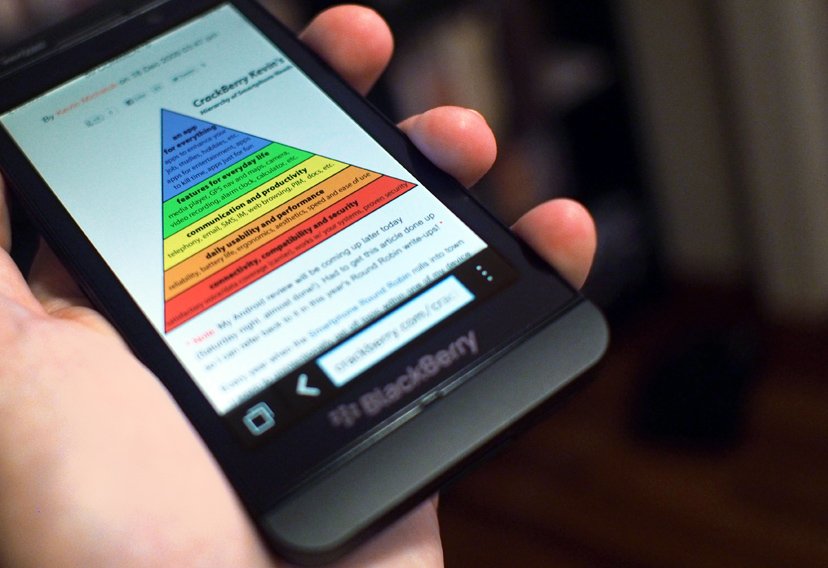
A Theory of Smartphone Motivation
66 years after the publication of Maslow's Hierarchy, CrackBerry's Kevin Michaluk followed up with a technology-focused iteration on the concept: the Hierarchy of Smartphone Needs. The idea was to establish what basic and complex needs a smartphone must fulfill.
The base level in Kevin's pyramid is connectivity, compatibility, and security, because without those, it's a paperweight. The needs step up to usability and performance, communication and productivity, everyday features, and to top off the pyramid: an app for everything.
Windows Phone has sort of been the red-headed stepchild here. No, it doesn't have as many apps as Android or iOS. And there's still a decent chance that you might be missing the "official" version of an app (Instagram is the unofficial app du jour). But Windows Phone also has some of the best-designed applications available — a testament to the work of the developers as well as the design framework Microsoft has put into place.
BlackBerry 10? Well, it was slow to take off, and it's really not too long for this world at this point. If you're looking to stay in the mainstream, you're going to want to stick with iOS, Android or Windows Phone.
Which apps do you absolutely have to have?
876 comments
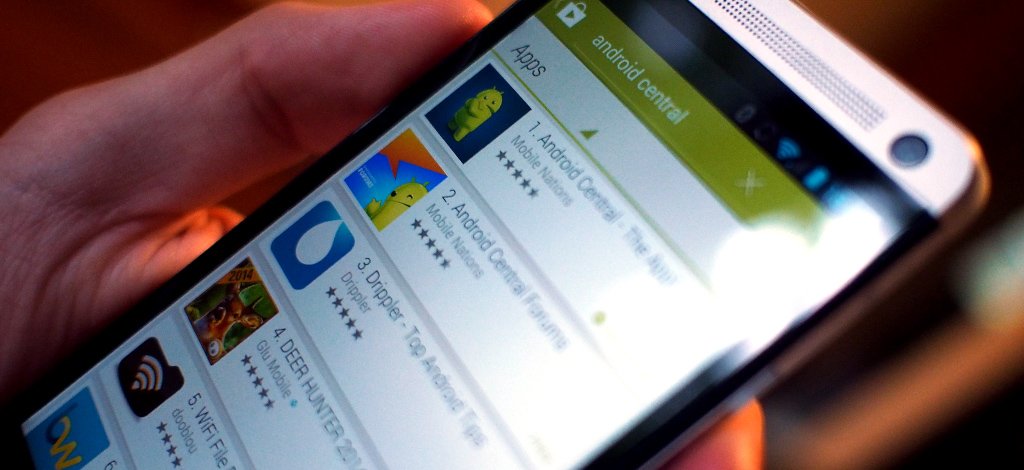

03
Finding the best smartphone for your inner media buff
When Kevin came up with his mobile hierarchy of needs it was a simpler time. He was phone guy and a BlackBerry guy in a phone world and a BlackBerry world. And like a black belt karateka in the age of Chuck Norris, that was the baddest ass you could be. So, of course he built his pyramid with communications as its foundation. How could he not?
Then the iPhone showed up, and like Royce Gracie and the UFC, it turned expectations upside down. People who were used to the hardware keyboard and data compression combo didn't understand what hit them. For many, communication didn't come first. They'd go without MMS - they were fine with basic phone service and data connections - for a full web, all their iTunes stuff, and to fling birds.
But also like Gracie, being a specialist doesn't last long either. People catch on and catch up. They cross-train and become well-rounded. So while Apple got Exchange support, BlackBerry got App World and the Torch Browser, Google added media services, and Microsoft put Xbox media and gaming on Windows Phone.
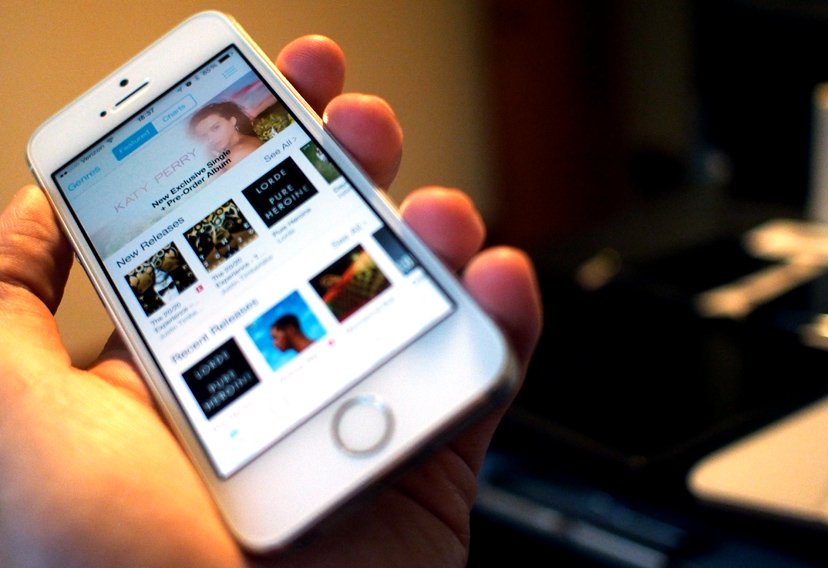
Putting the i in Tunes
The iTunes Music Store launched in 2003 with version 4.0 of Apple's iTunes music app. The intention behind launching iTunes was to help drive sales and customer satisfaction for iPod owners, keeping their experience within the Apple ecosystem. iTunes was for the first several years operated a break-even costs, even with a 30% cut going to Apple of all music, books, videos, and apps sold through it.
Within seven years of launching iTunes assumed the mantle of the largest music vendor on the world. Today, iTunes offers more than 26 million pieces of media for sale. iTunes users have downloaded more than 25 billion songs through the service to 575 million active user accounts on 315 million devices worldwide.
Now we live in an era where the hierarchy of needs has been turned upside down, squished up, and turned into a multilane highway of parallel needs.
Media, while still siloed on each platform, has also been decoupled. Sure you can still buy or rent content from Apple or Google or Microsoft, but you can also get it from Netflix, Amazon, Songza, Spotify, and a hundred other services.
You can get all that on a smaller 4-inch smartphone or a giant 6.3-incher, or a 7- or 10-inch tablet, or you can broadcast to a Chromecast, Apple TV, HDMI onto a big TV.
We've moved from prioritizing needs to smartphones juggling all of our wants.
We've moved from an age of having to prioritizing needs to one where smartphones juggle all of our wants. That's not to say that all services and smartphones can be swapped easily. The platforms all do what they can to make the experience combos best within their ecosystems, be it Google, BlackBerry, LG, Microsoft, Samsung, Google, Amazon, Apple, HTC.
But if you're starting fresh, the world is wide open. The phones have all been replaced by computers in our pockets, and they play media well. Figure out which operating system you like best, or which device size is perfect for you, and chances are you'll have a great media experience no matter what you choose.
Talk Mobile Survey: Mobile You
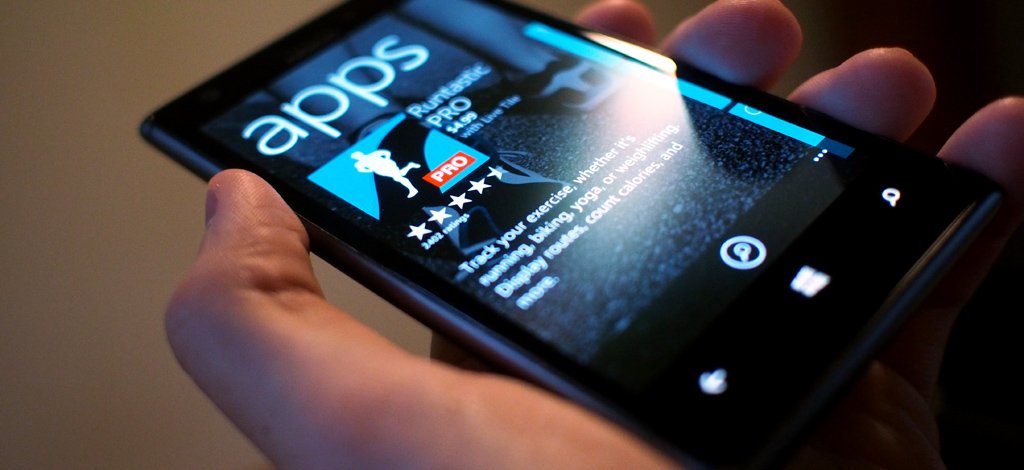

04
The best platform for the artist, the writer, and the musician
Content creation on the go is still a tough proposition for some. While I've seen some people happily write full documents on an Android phone and people compose songs on an iPhone, it's certainly not for everyone (myself included). Still, is there one platform that has it all?
Apple's iPhone is probably the most robust mostly due to its large app store and the chances of it being the first to get a new app (if being the only platform to get said app). That's hard to beat, but Android still wins for Google services integration, Windows Phone is top for Office support and BlackBerry has that whole BIS and native BBM communication thing going for it.
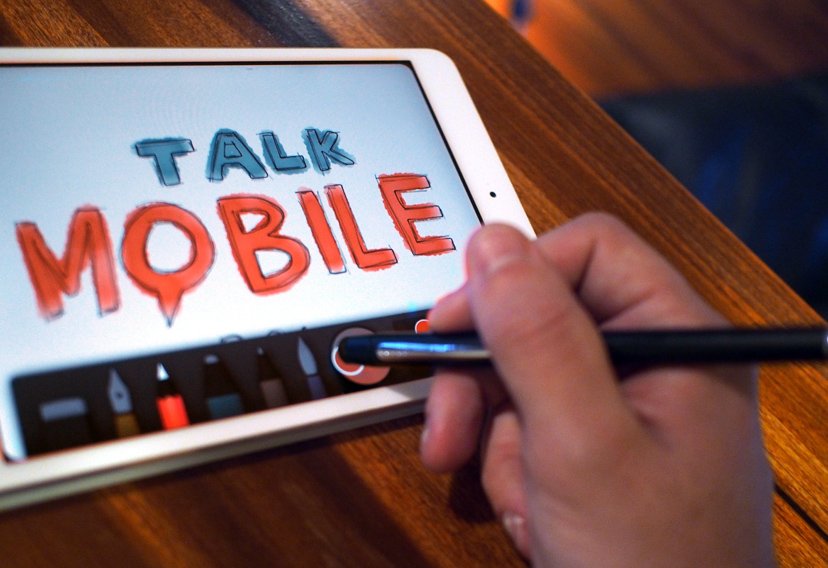
Just like paper
Disappointed by the quality of drawing apps for the iPad, developer Georg Petschnigg, Jon Harris, Andrew Allen, and Julian Walker founded FiftyThree to developer a new app: Paper. Using advanced algorithms, Paper digitally mimics the reaction between artistic tools like pen, pencil, marker, and watercolor with paper, allowing users to effortlessly create on their tablets.
Paper was offered as a free download with basic tools, with more advanced tools and an effortless color mixer available as paid downloads. Paper was named Apple's 2012 App of the Year, and FiftyThree recently raised $15 million in funding to expand their operations beyond the one app.
Once again, part of this answer will depend on what systems you are tied into. Phil over at Android Central relies heavily on Google, ergo Android makes the most sense for him (and he kind of needs to use Android to do his job). Over at Windows Phone Central few touch Google's apps - both out of preference for the features of Microsoft's and because Microsoft services tend to be better integrated into Windows Phone than Google's.
If you're into music composition, Apple is probably the best of the bunch. Same with video creation, especially with the highly impressive Slo-Mo feature on iOS 7. The iPhone may not have the absolute best camera sensor, but the apps and software make all the difference in the world.
The more interesting question is how far will content creation go? Years ago, users all but had to sync their media to a desktop computer to unload for full editing. Today, that method is still preferred by some but you can feasibly edit a video and upload it directly to YouTube or Vimeo, all without touching a computer.
It reaches the necessary threshold for it to be considered viable by regular people.
It's not always ideal but as we often say in technology, it's good enough. And by "good enough" I mean it reaches the necessary threshold for it to be considered viable by regular people. We're at the point today: edit a PowerPoint, create a document, collaborate on an spreadsheet, compose a song, make a quick mini-movie — all of this is possible with today's mobile devices, and it's easier than ever.
Combined with longer battery life and larger displays heading into the six-inch realm and the limits on mobile are slowly dwindling every year.
What theoretical app do you wish you could have, and what would it do?
876 comments
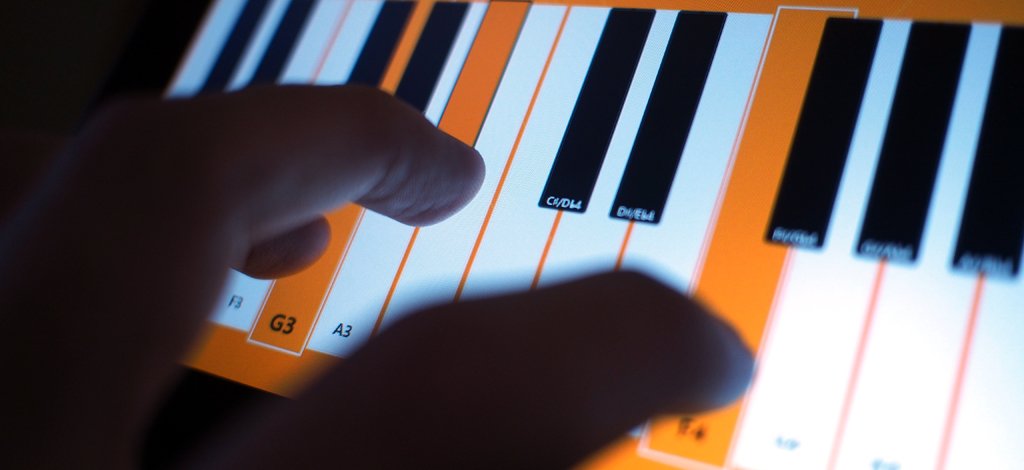
CONCLUSION
There's a phrase: different strokes for different folks. It's been applied to many things over time, but with the increasing diversification in the tech space, it's perhaps no more appropriate when applied to something other than mobile devices.
Between Android, iOS, BlackBerry, and Windows Phone, there's something for everybody. Some platforms may have more apps than others, some may be less restrictive in the apps they accept, and some may have better cameras or keyboards or displays, but regardless of which stroke you opt to make part of your life, it's going to enhance your productivity, your creativity, and your knowledge.
What's best for you is a personal decision that's influenced by far more factors than we could possible cover in here. You make decisions on the carrier, the platform, the device, the services, and the apps, all based on you - your preferences and tastes, and your needs and desires.
We can't make that decision for you. But armed with a clear mind and an idea of what you want and need, it's a decision you can make.

